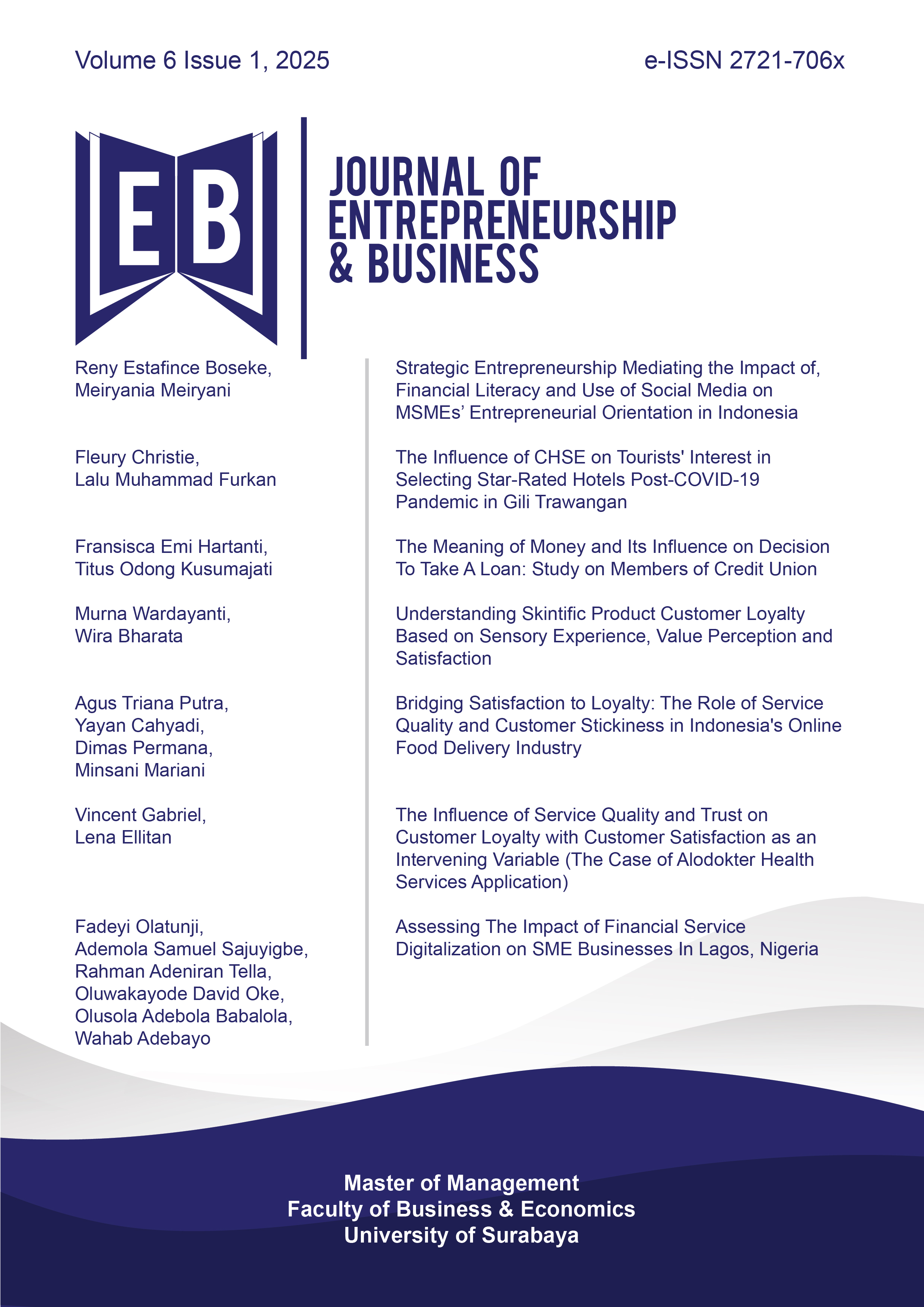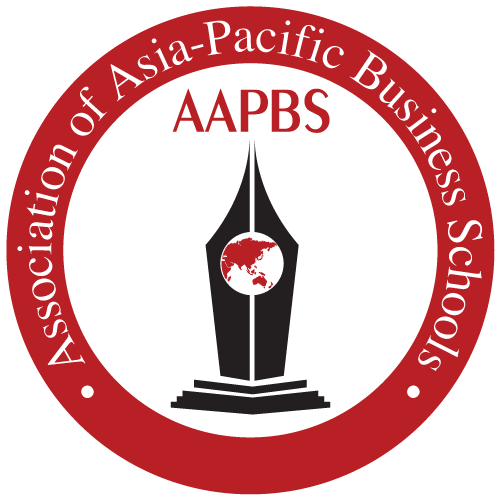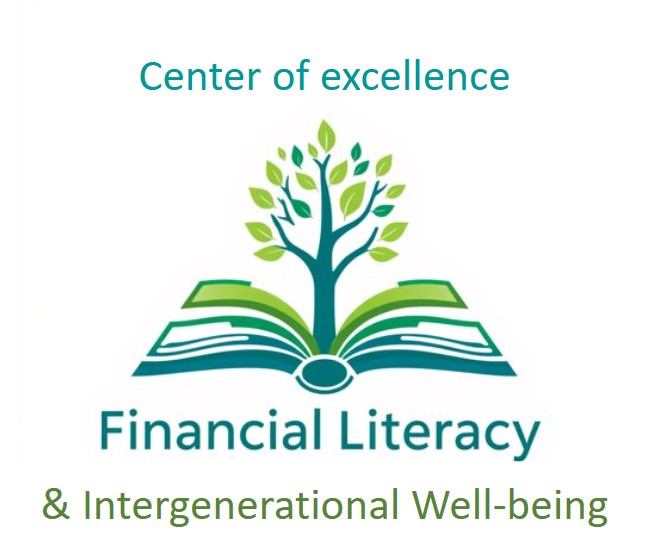The Influence of CHSE on Tourists' Interest in Selecting Star-Rated Hotels Post-COVID-19 Pandemic in Gili Trawangan
 Abstract Views:
309 times
Abstract Views:
309 times
 PDF Downloads:
170 times
PDF Downloads:
170 times
Abstract
Pupose: The purpose of this study is to investigate how travelers' interest in selecting star-rated hotels is influenced by cleanliness, health, safety, and environmental sustainability (CHSE) in Gili Trawangan after the COVID-19 pandemic.
Method: Associative research using a quantitative technique is the research design used. A survey using primary data sources that provide quantitative information on the number of domestic and foreign visitors to Gili Trawangan is the approach used to acquire the data. The study's population consists of all visitors to Gili Trawangan, both domestic and foreign. We use 90 samples for this study.
Result: The findings of the data analysis show that the variables related to cleanliness, health, safety, and environmental sustainability all have a positive and significant impact on interest in making a purchase. The variables related to cleanliness, on the other hand, do not significantly affect interest in making a purchase.
Downloads
References
Aman, B., & Lizawati, A. (2012). The Influence of Environmental Knowledge and Concern on Green Purchase Intention the Role of Attitude as a Mediating Variable. British Journal of Arts and Social Sciences, 7(11), 145–167. https://doi.org/10.18415/ijmmu.v6i2.706
Arlinda, F., & Sulistyowati, R. (2021). Pengaruh penerapan program adaptasi CHSE (Cleanliness, Health, Safety, Environment) terhadap kepuasan pengunjung destinasi wisata Kabupaten Kediri di era new normal serta dampaknya pada pengembangan ekonomi pariwisata & industri kreatif. Jurnal Pendidikan Tata Niaga (JPTN), 9(3), 1404–1416.
Chan, R. Y. K., & Lau, L. B. Y. (2000). Antecedents of green purchases: a survey in China. Journal of Consumer Marketing, 17(4), 338–357. https://doi.org/https://doi.org/https://doi.org/10.1108/07363760010335358
Eichelberger, S., Heigl, M., Peters, M., & Pikkemaat, B. (2021). Exploring the role of tourists: Responsible behavior triggered by the COVID-19 pandemic. Sustainability, 13(11), 5774. https://doi.org/https://doi.org/10.3390/su13115774
Ghozali, I. (2012). Aplikasi Analisis Multivariate dengan Program IBM SPSS. Universitas Diponegoro.
Hariandja, M. T. E. (2002). Manajemen Sumber Daya Manusia: Pengadaan, Pengembangan, Pengkompensasian, dan Peningkatan Produktivitas Pegawai. Grasindo.
Hidayatullah, S., Windhyastiti, I., Aristanto, E., & Rachmawati, I. K. (2021). Peran Cleanliness, Health, Safety Dan Environment Sustainability (CHSE) terhadap minat orang berkunjung ke destinasi wisata yang ada di Kota Batu pasca pandemic Covid 19. https://lppm.unmer.ac.id/webmin/assets/uploads/lf/LF202306221687399868650.pdf
Illiyyina, I., Rahmi, F. A., Lesmana, R. H., & Kriswibowo, A. (2021). Analysis of public trust toward Cleanliness, Health, Safety, and Environmental Sustainability (CHSE) certification policy in Surabaya City. Journal of Local Government Issues, 4(2), 121–135. https://doi.org/10.22219/logos.v4i2.16742
Kurniawan, J., & Gustrianda, R. (2020). Pengaruh Store Atmosphere Terhadap Minat Pembelian Di Torry Coffee Kalimalang Jakarta. Jurnal Sains Terapan Pariwisata, 5(3), 294–301. https://doi.org/https://journal.polteksahid.ac.id/index.php/jstp/article/view/153/137
Lestari, R. B., & Kardinal, K. (2018). Minat Beli Produk Hijau pada Generasi Milenial. Jurnal Ilmiah Ekonomi Global Masa Kini, 9(2), 117–124. https://doi.org/https://doi.org/10.36982/jiegmk.v9i2.542
Mulasari, S. A., Izza, A. N., Masruddin, F. H., De PBMA, F., & Axmalia, A. (2020). Pelatihan kesehatan dan keselamatan kerja (k3), service excellent, serta pengelolaan sanitasi lingkungan tempat wisata Desa Caturharjo, Pandak, Kabupaten Bantul. Jurnal Pemberdayaan: Publikasi Hasil Pengabdian Kepada Masyarakat, 4(1), 61–66. https://doi.org/https://doi.org/https://doi.org/10.12928/jp.v4i1.1674
Paramita, N. D., & Yasa, N. N. K. (2015). Sikap dalam memediasi hubungan kesadaran lingkungan dengan niat beli produk kosmetik ramah lingkungan. Jurnal Manajemen Dan Kewirausahaan, 17(2), 187–195. https://doi.org/https://doi.org/https://doi.org/10.9744/jmk.17.2.187-195
Pathak, K., Pathak, M. P., Gogoi, U., & Saikia, R. (2021). COVID19: Preventive and Protective Control Management Strategies. Coronaviruses: Volume 2, 2(2), 32. https://doi.org/10.2174/9789814998604121020004
Saepudin, P., & Putra, F. K. K. (2023). Analyzing the application of cleanliness, health, safety, and environmental sustainability (CHSE) certification in the hotel business sector during the covid-19 pandemic: perspectives of managers. Tourism and Hospitality Management, 29(4), 517–529. https://doi.org/https://doi.org/10.20867/thm.29.4.4
Sofiani, & Octariana, V. (2021). Efektivitas Penerapan CHSE (Clean, Health, Safety & Environment) Pada Hotel Katagori Bintang 3 (Tiga) di Kota Depok. EDUTOURISM Journal Of Tourism Research, 3(01), 22–35. https://doi.org/https://doi.org/10.53050/ejtr.v3i01.159
Subandi, M. R. (2023). Tourism and COVID-19 pandemic: Experiences from Indonesia. Wageningen University and Research.
Sugiyono. (2022). Metode Penelitian Kuantitatif. Alfabeta.
Sujarwo, W. (2019). Sasak Traditional Villages: A tourism potential and conservation effort for culture and plants. Jurnal Masyarakat Dan Budaya, 203–220.
Valenzuela-Fernández, L., Guerra-Velásquez, M., Escobar-Farfán, M., & Garc’ia-Salirrosas, E. E. (2022). Influence of COVID-19 on environmental awareness, sustainable consumption, and social responsibility in Latin American countries. Sustainability, 14(19), 12754. https://doi.org/https://doi.org/10.3390/su141912754
WTTC. (2018). Travel & Tourism Global Economic Impact & Issues 2018. World Travel & Tourism Council. https://dossierturismo.wordpress.com/wp-content/uploads/2018/03/wttc-global-economic-impact-and-issues-2018-eng.pdf
Wulandari, A. R., Supriyanto, S., & others. (2023). Anaylisis Penerapan Program Chse Pada Masa Pandemi Terhadap Kepuasan Pelanggan Di Kenes Bakery & Resto, Jl. Magelang, Sleman, Daerah Istimewa Yogyakarta. Gemawisata: Jurnal Ilmiah Pariwisata, 19(2), 41–48. https://doi.org/10.56910/gemawisata.v19i2.312

This work is licensed under a Creative Commons Attribution 4.0 International License.
Articles published in Journal of Entrepreneurship & Business are licensed under a Creative Commons Attribution 4.0 International (CC BY) license. You are free to copy, transform, or redistribute articles for any lawful purpose in any medium, provided you give appropriate credit to the original author(s) and the journal, link to the license, and indicate if changes were made.
Authors submitting to this journal agree to make their work freely available under the CC BY 4.0 license, ensuring broad dissemination and reuse. The full license details can be accessed at https://creativecommons.org/licenses/by/4.0/.
This ensures that they receive the maximum dissemination because there are no barriers to access. This license allows readers to disseminate and reuse the paper, but always requires them to grant the authors and the first publication full credit.
While JEB upholds ethical publishing standards, the responsibility for ensuring originality and compliance with copyright regulations lies with the authors. The journal is not liable for any legal claims related to the content of published articles.
For further inquiries, please contact the editorial team.

 DOI:
DOI:











